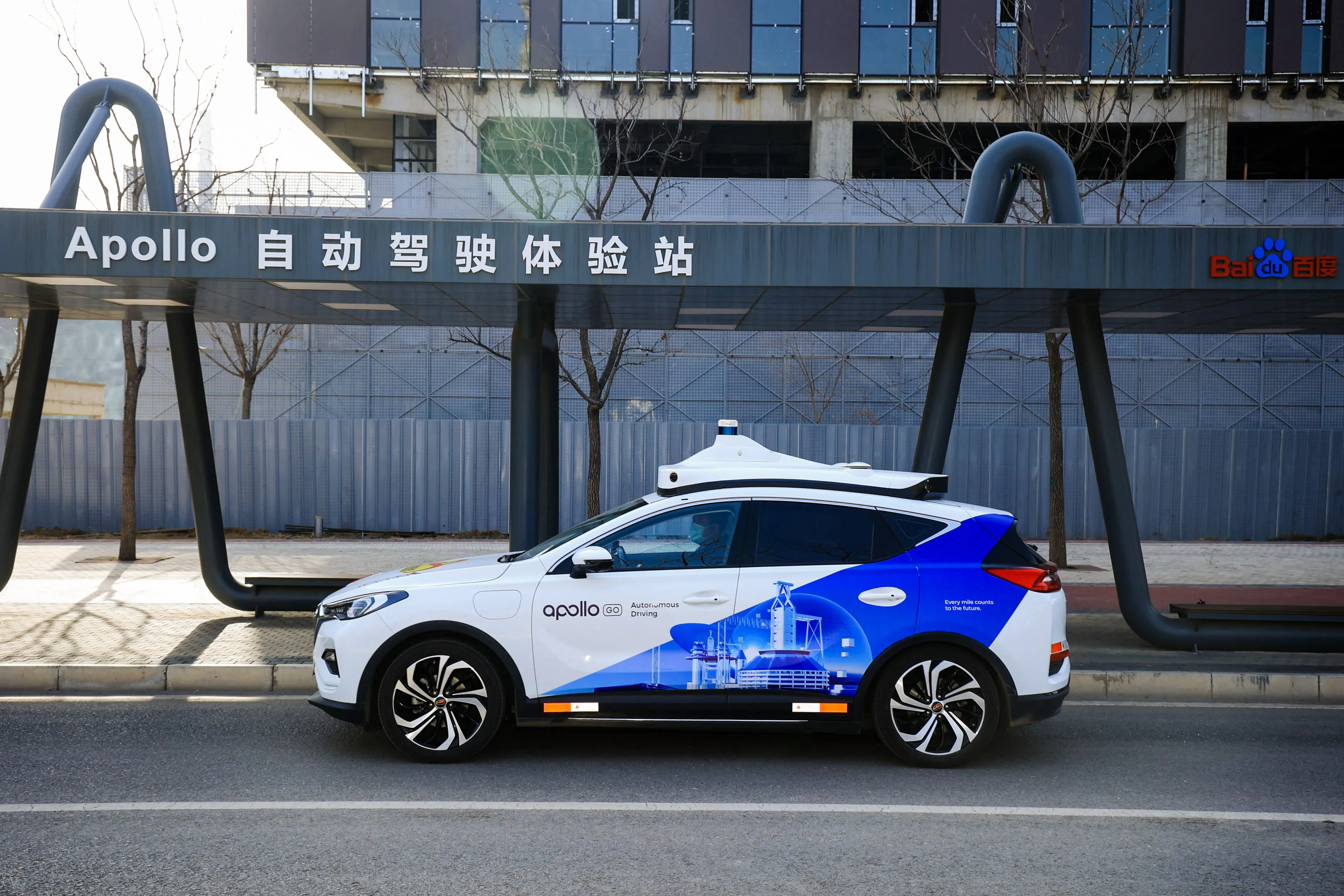
Baidu Apollo is now offering autonomous robotaxi services in the Chinese city of Beijing without a safety driver behind the steering wheel.
The driverless Apollo Go Robotaxi service is operating in Beijing’s Shougang Park – one of the venues for the 2022 Beijing Winter Olympics – and will soon be transporting visitors at the games.
The robotaxis will be able to transport users to sports halls, work areas, coffee shops and hotels. During the upcoming Winter Olympics, the Apollo robotaxis will be available to provide shuttle services for athletes and staff.
Riders can use the Apollo Go app to locate and hail a robotaxi ride through a system of unmanned self-service processes.
Features including virtual reality navigation and remote car honking can help users to identify the location of the car.
To unlock the vehicles, users are required to scan a QR code and health code on the car for identity verification and pandemic prevention purposes.
As the passenger clicks on the 'Start the Journey' button, the system will ensure that seat belts are fastened and the doors are shut. The 5G Remote Driving Service is present at all times to allow human operators to remotely access the vehicles in the case of emergencies.
Baidu vice president Yunpeng Wang says: “Introducing unmanned services is an indispensable stage for the commercialisation of autonomous driving.”
“In the future, Baidu Apollo will launch driverless robotaxis in more cities, enabling the public to access greener, low-carbon, and convenient travel services, while continuing to improve the unmanned service process and user experience,” he continues.
“The commercialisation of autonomous driving can alleviate congestion effectively and help to reach the peak carbon dioxide emissions and achieve carbon neutrality in China.”







